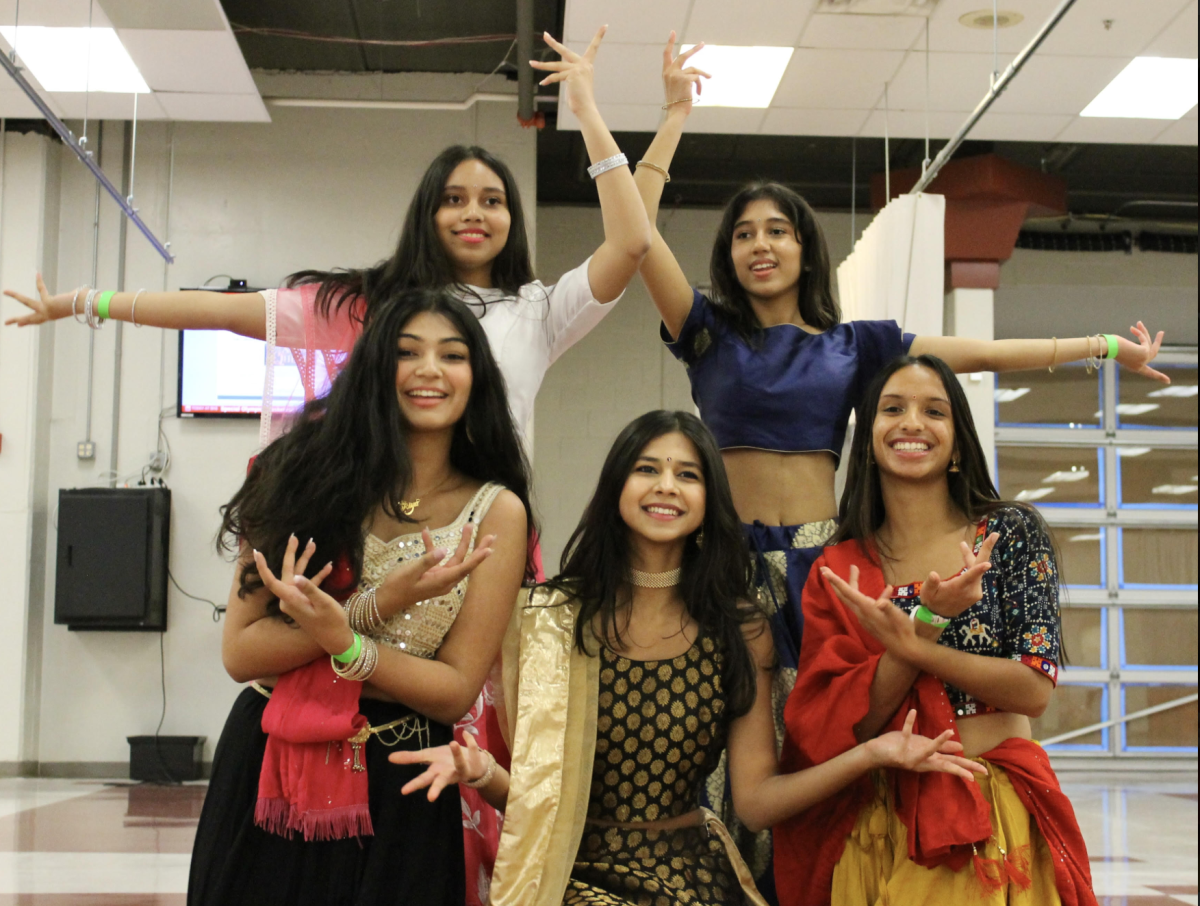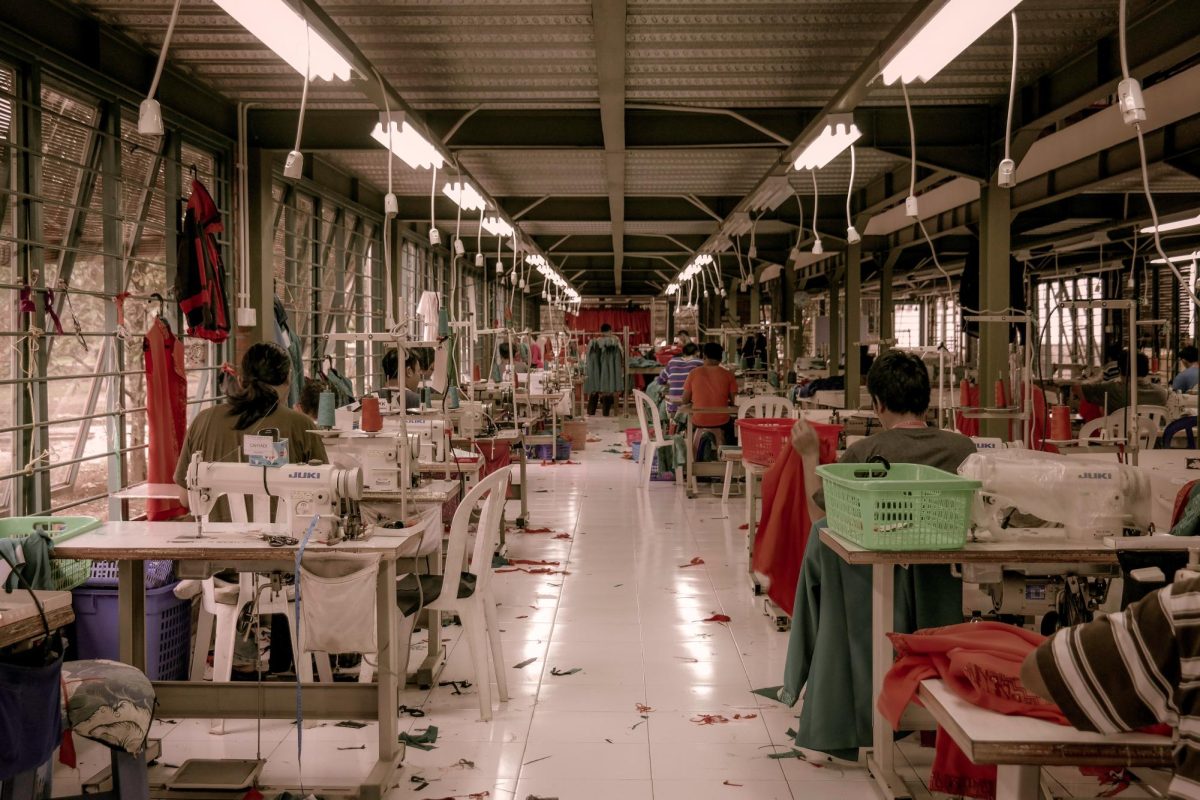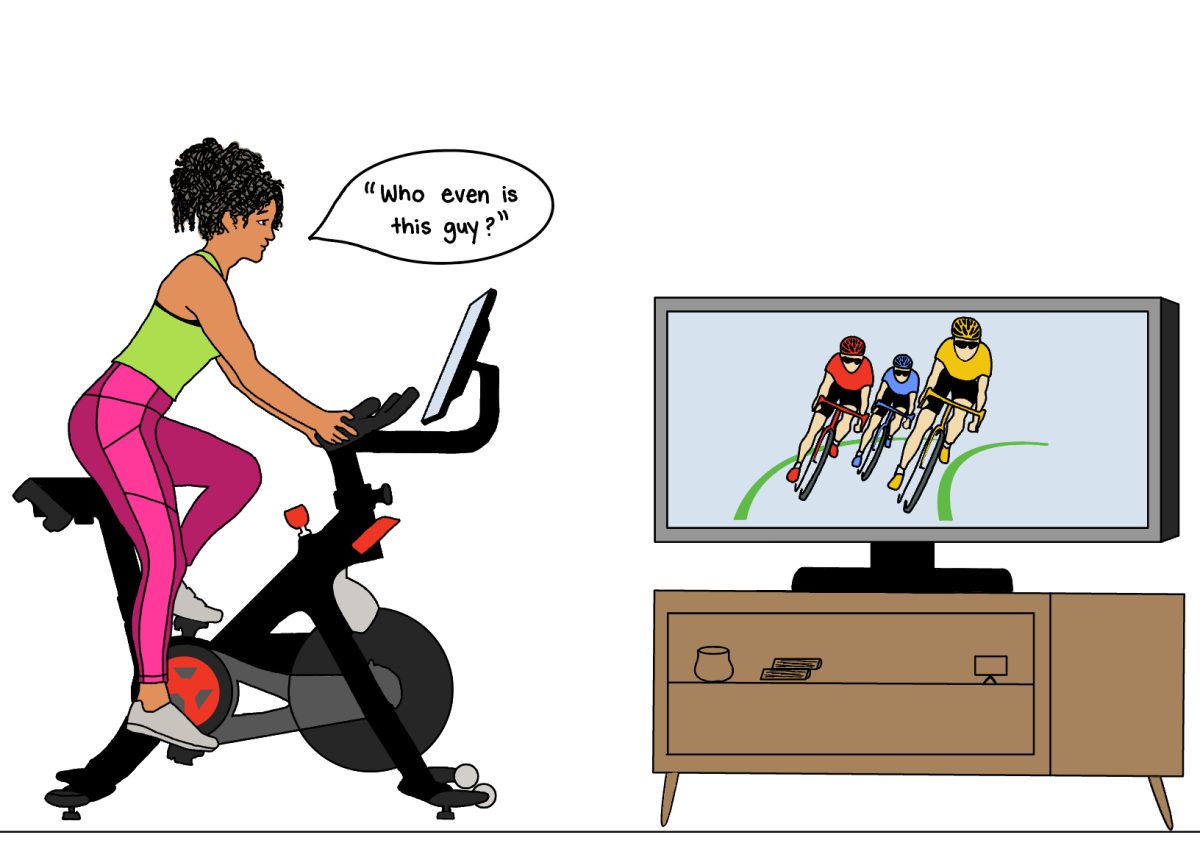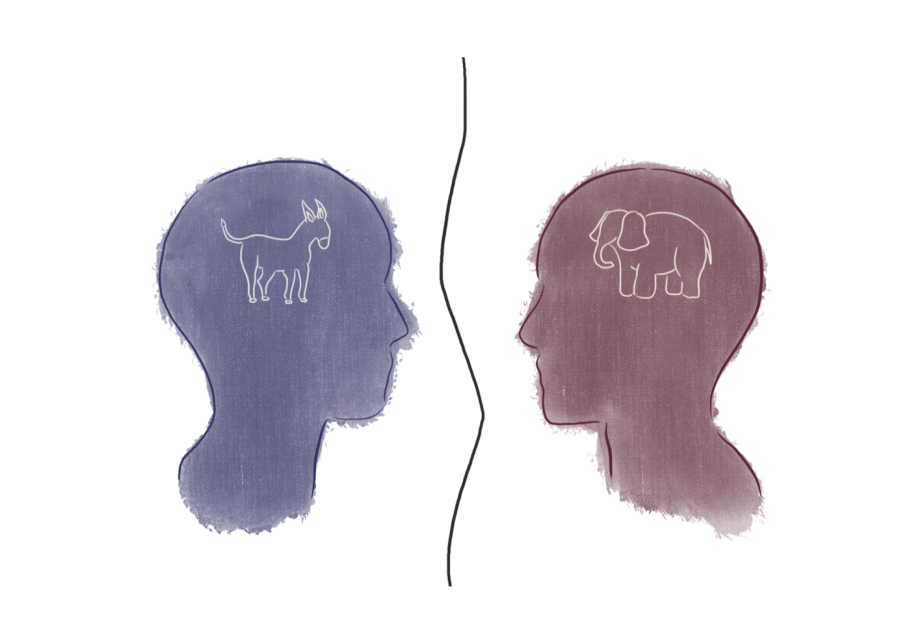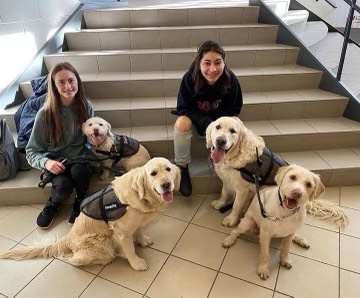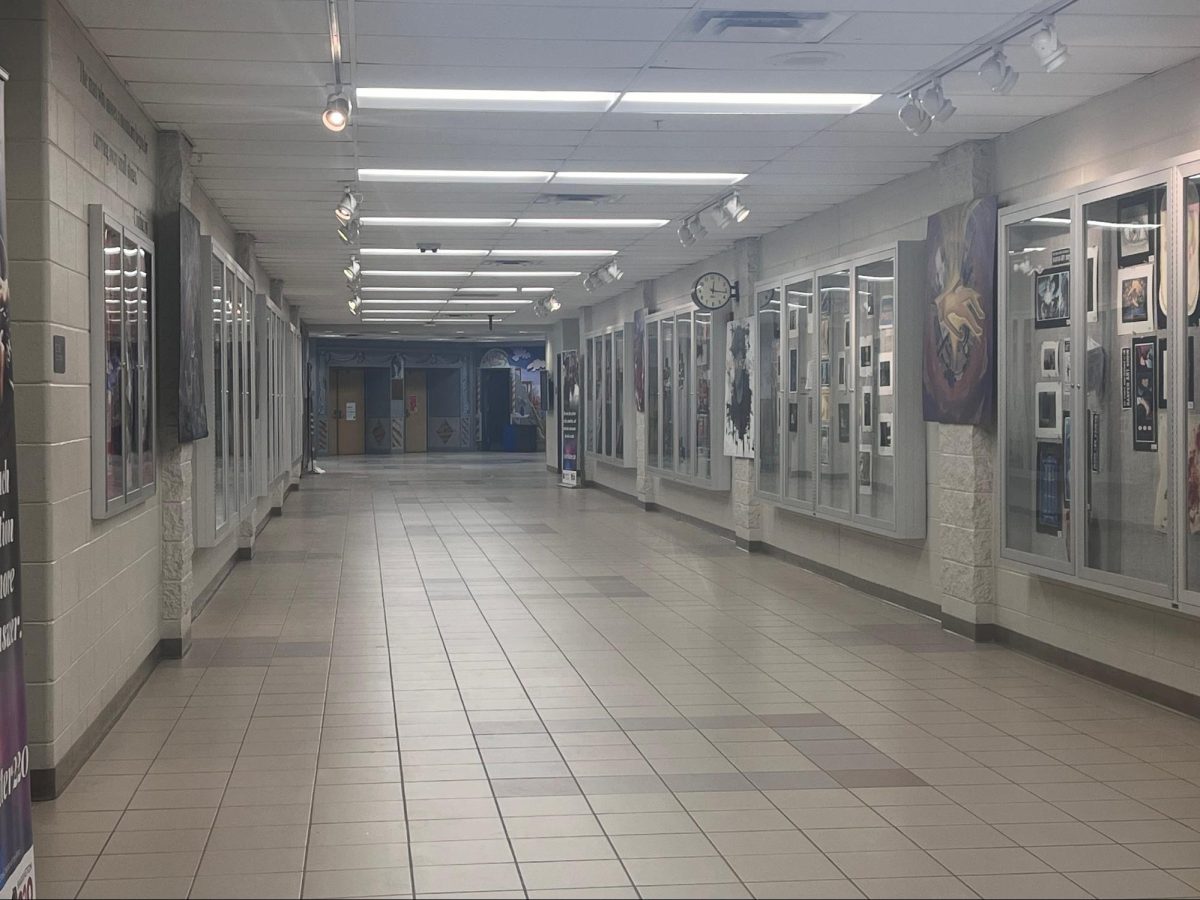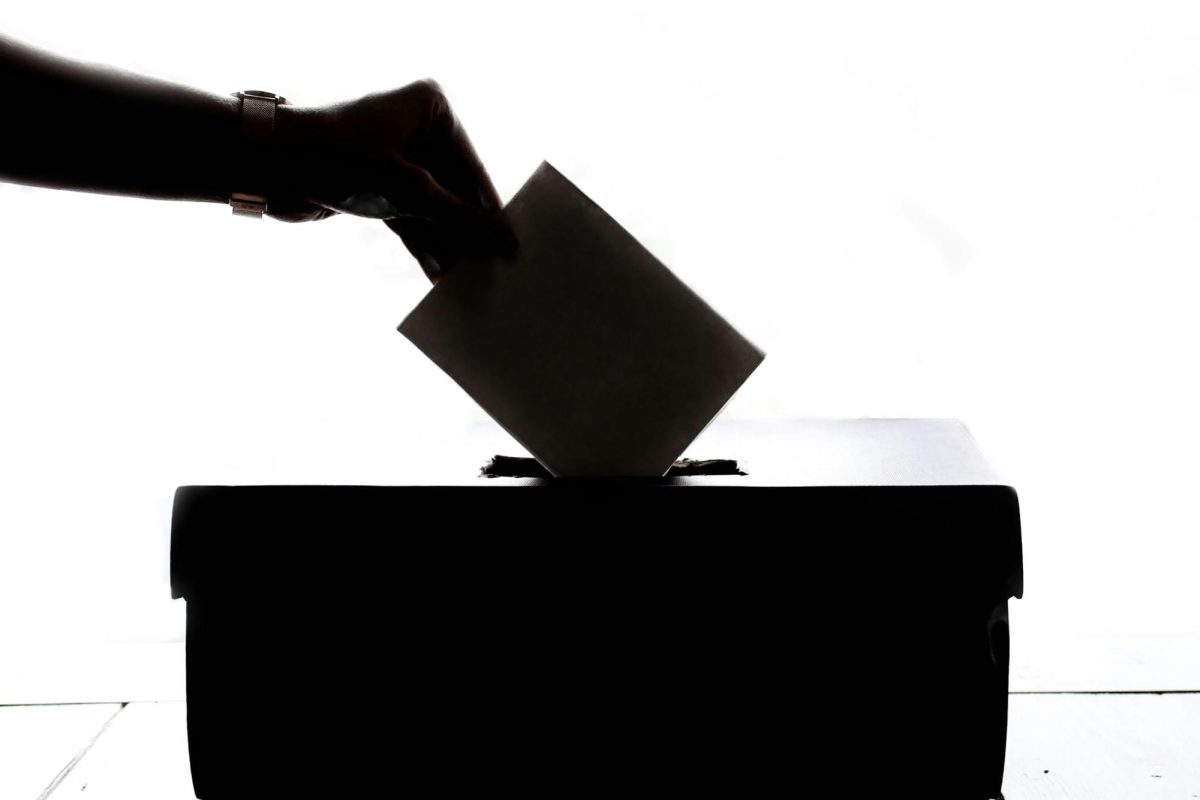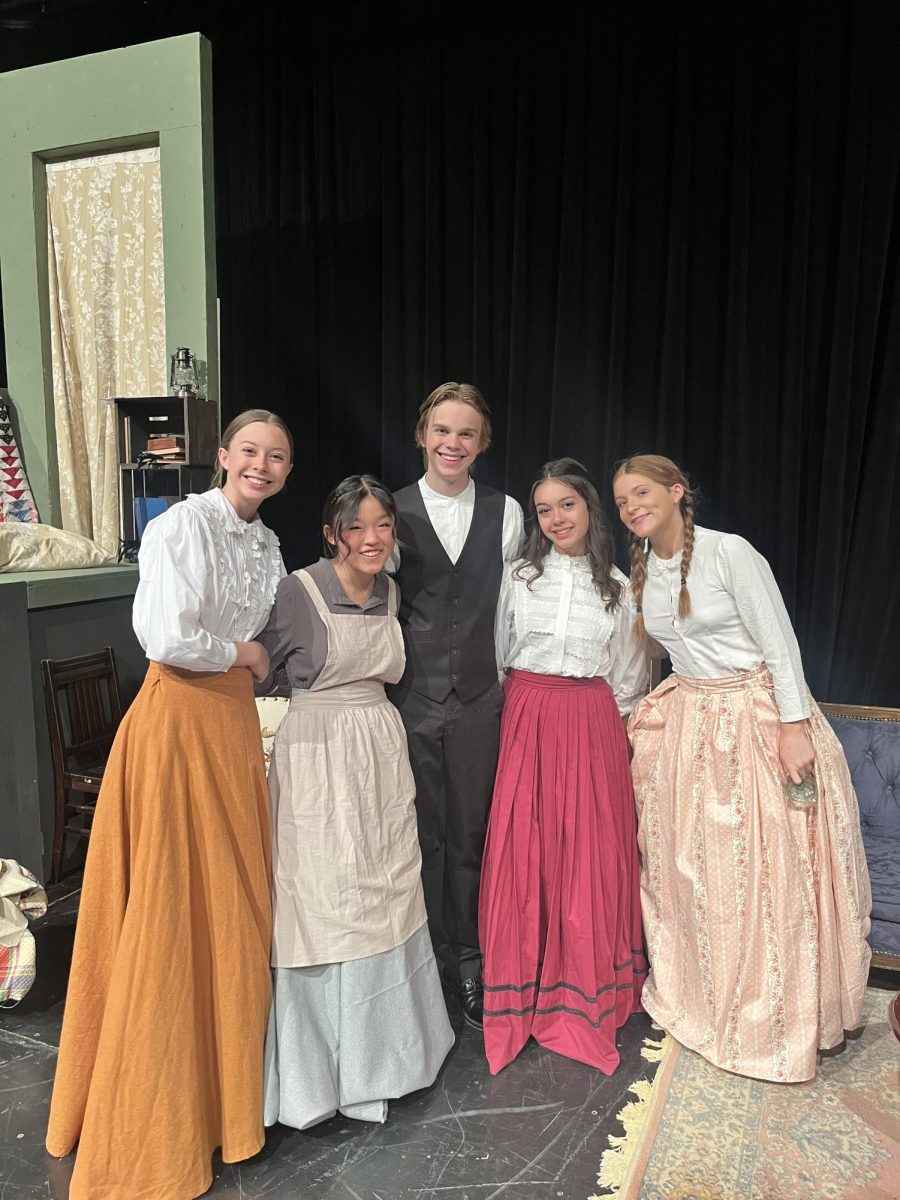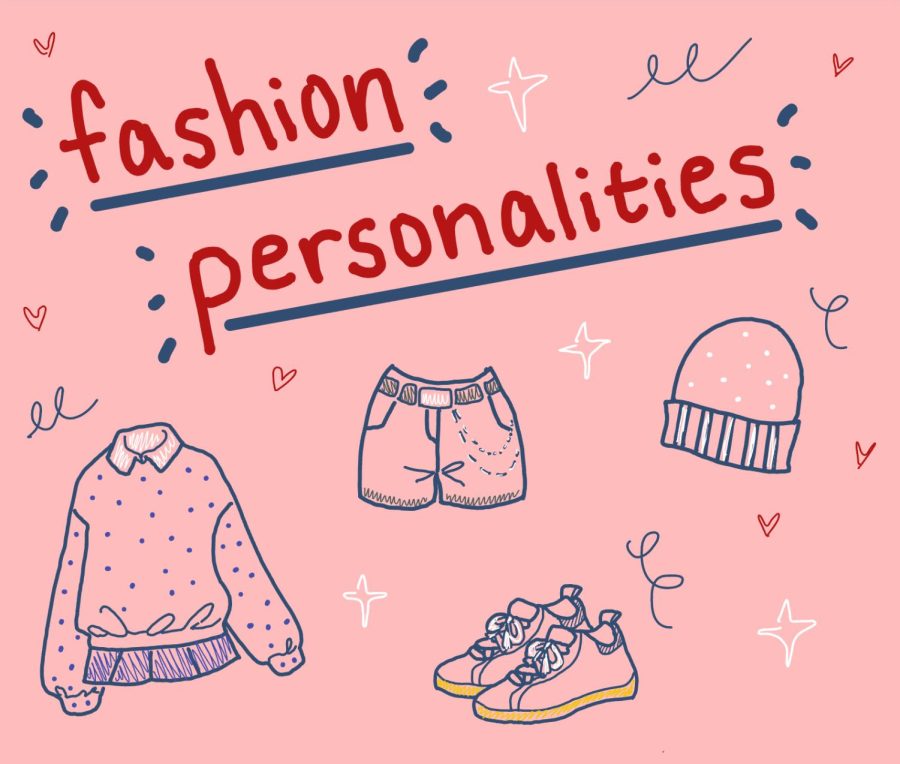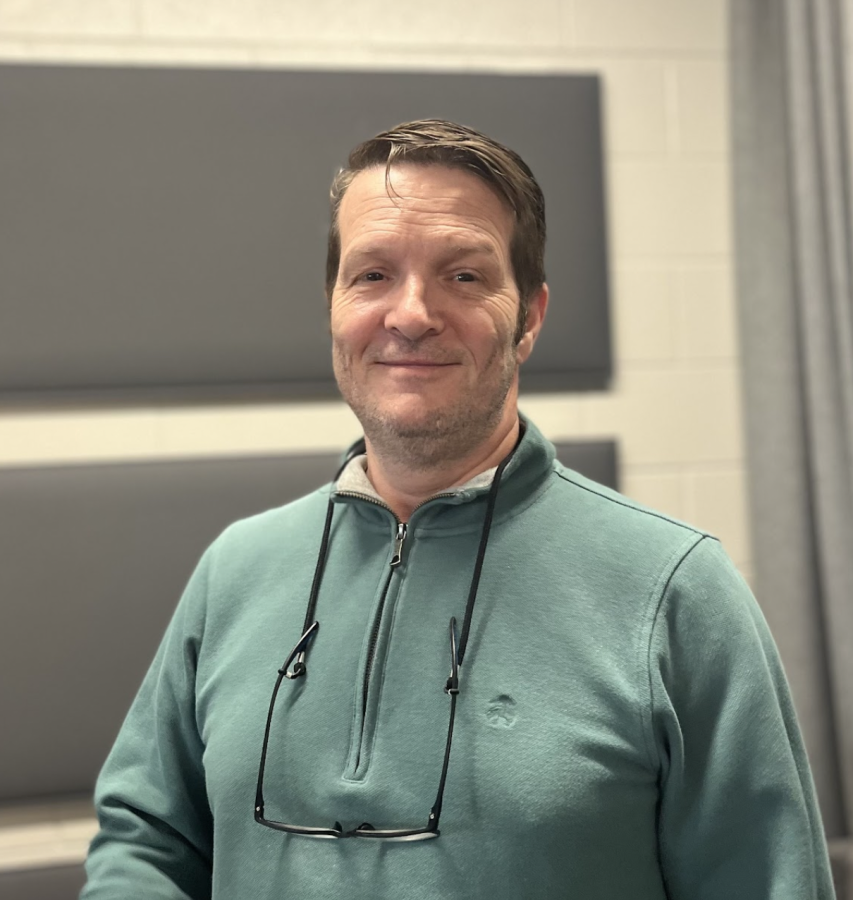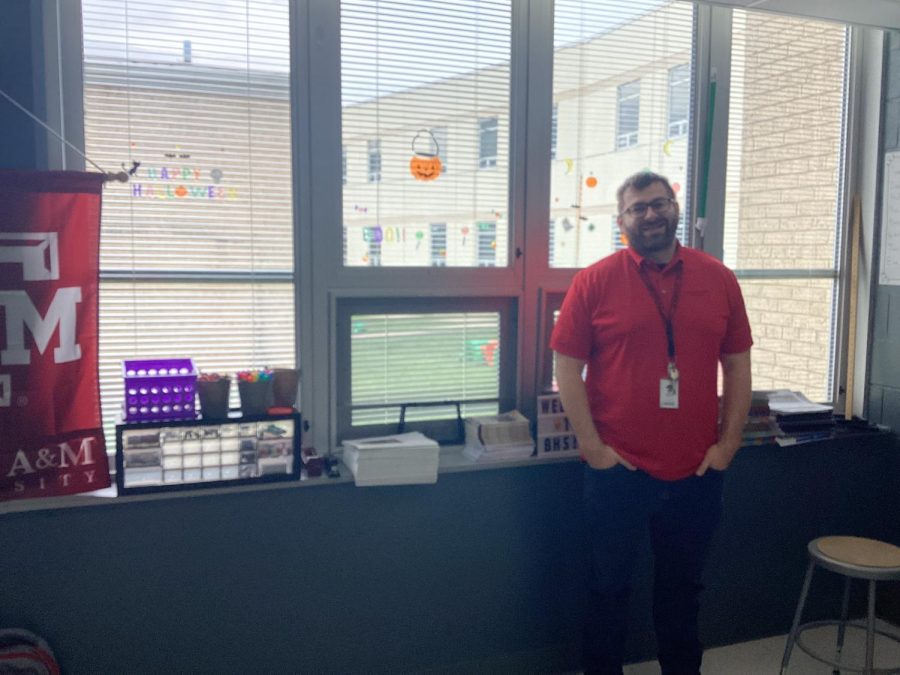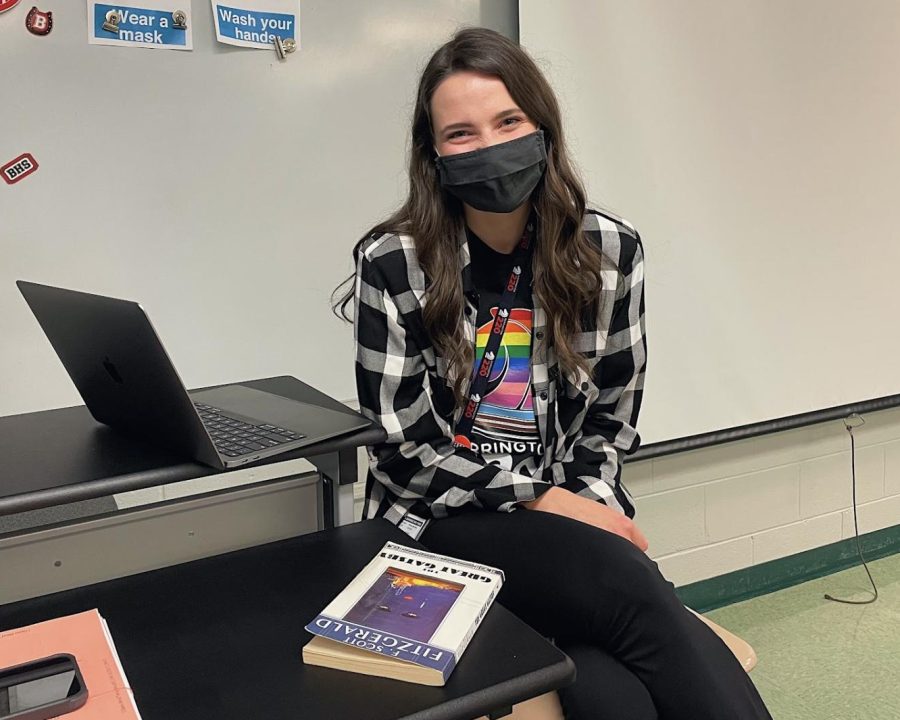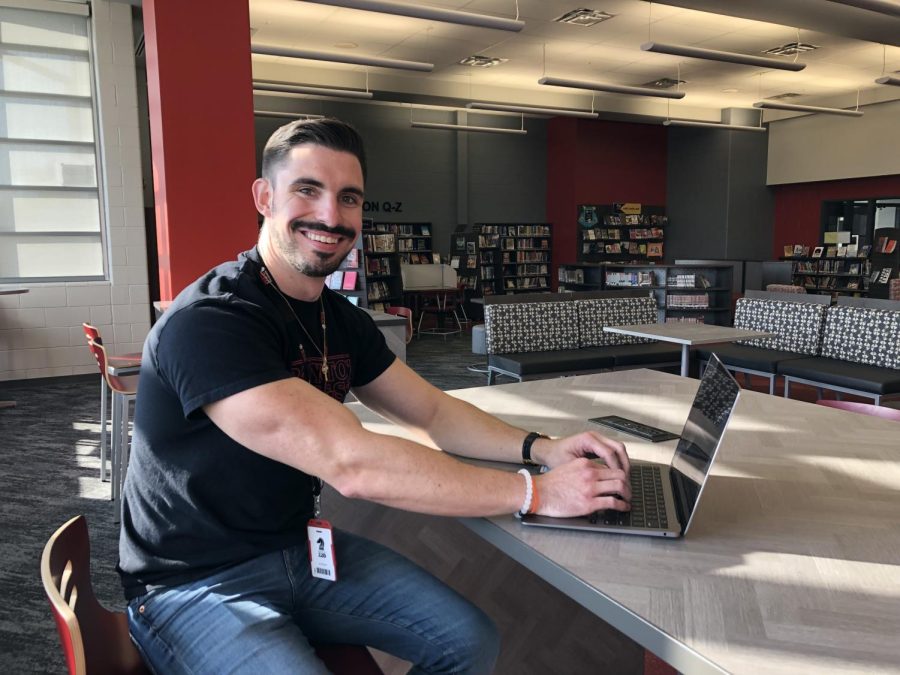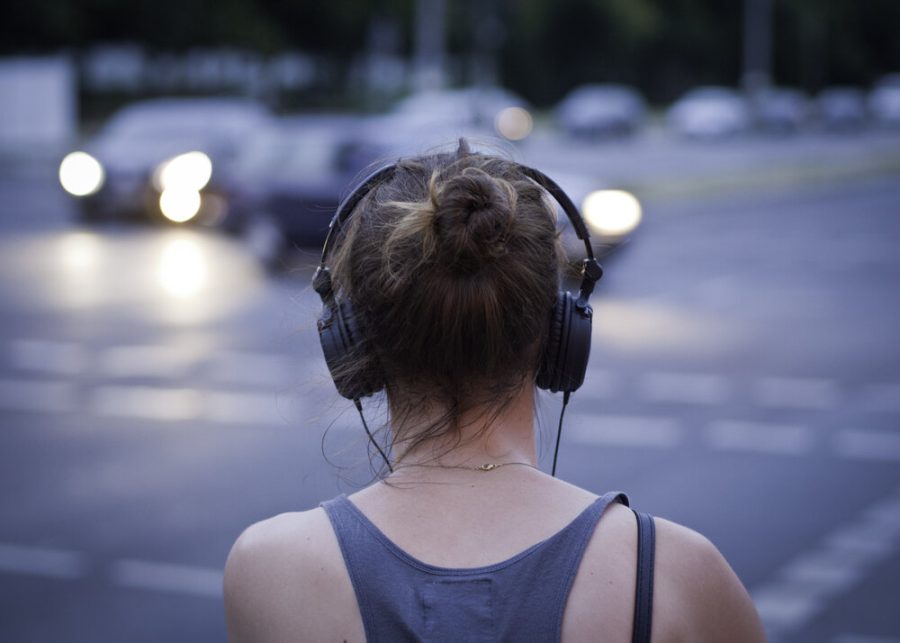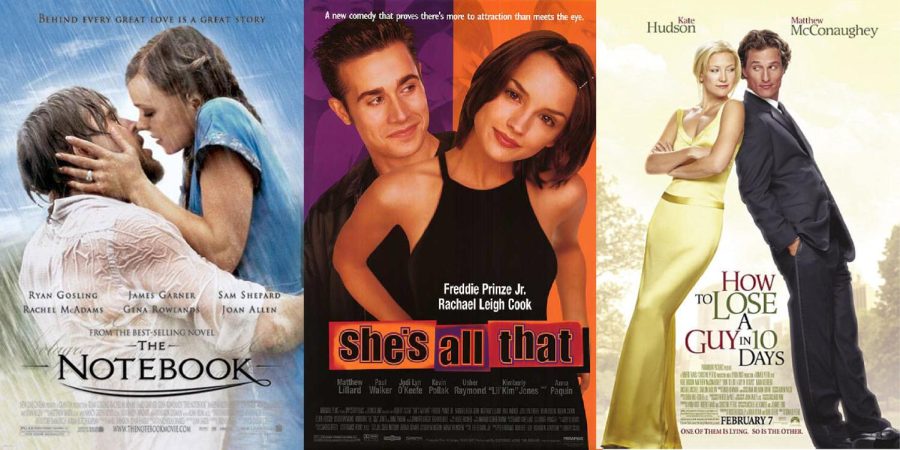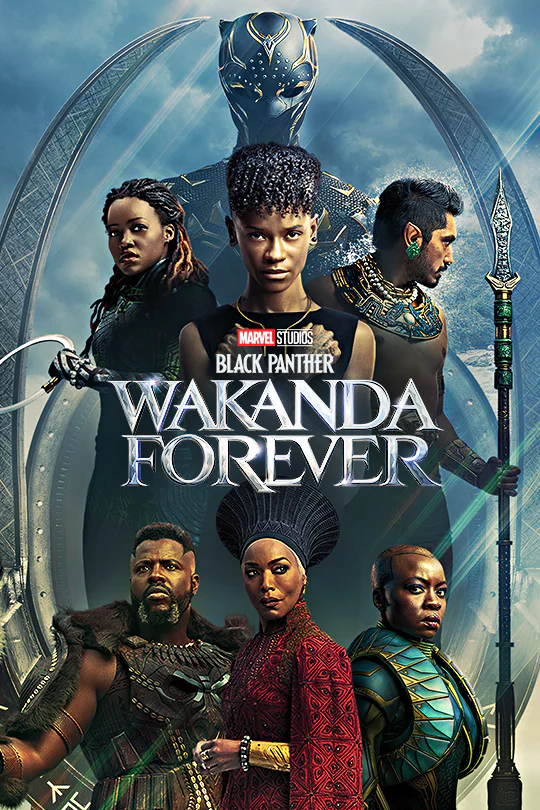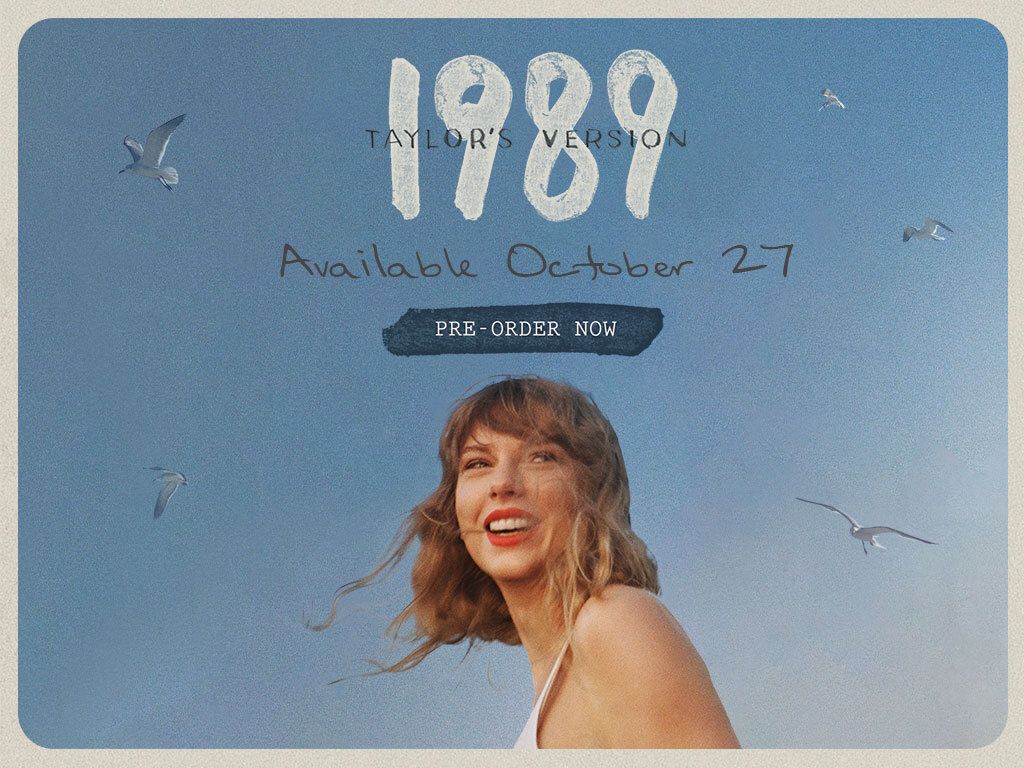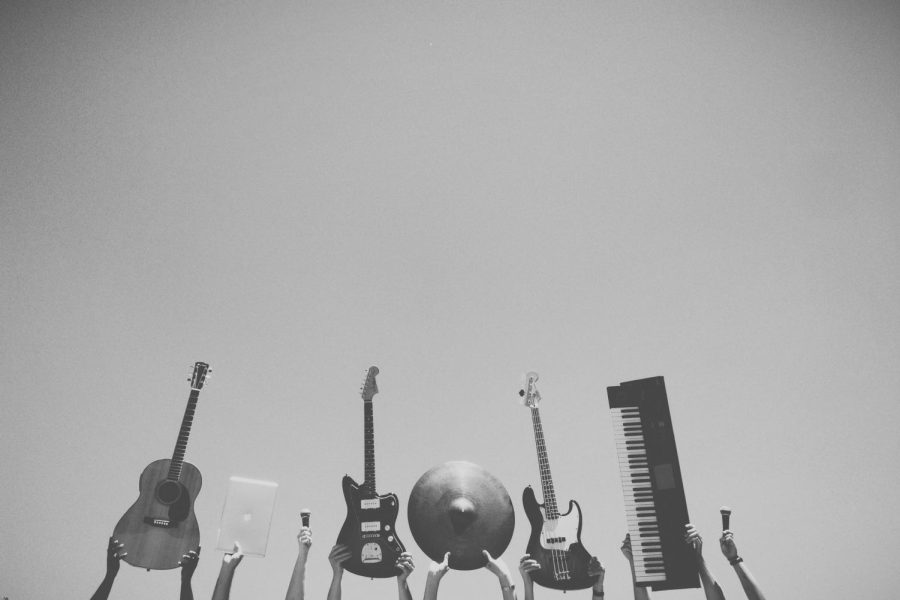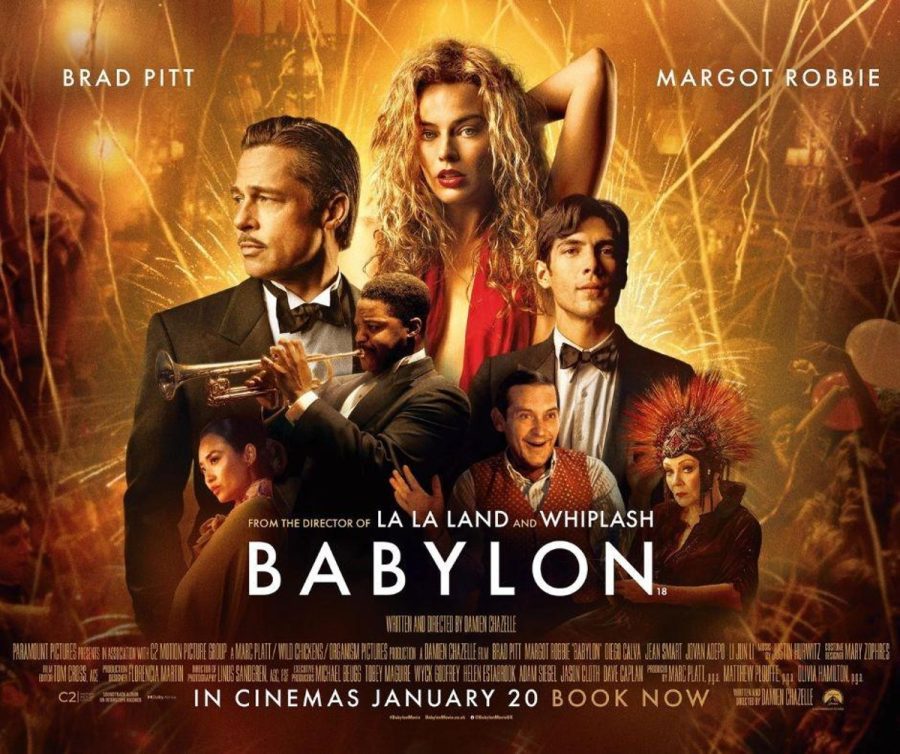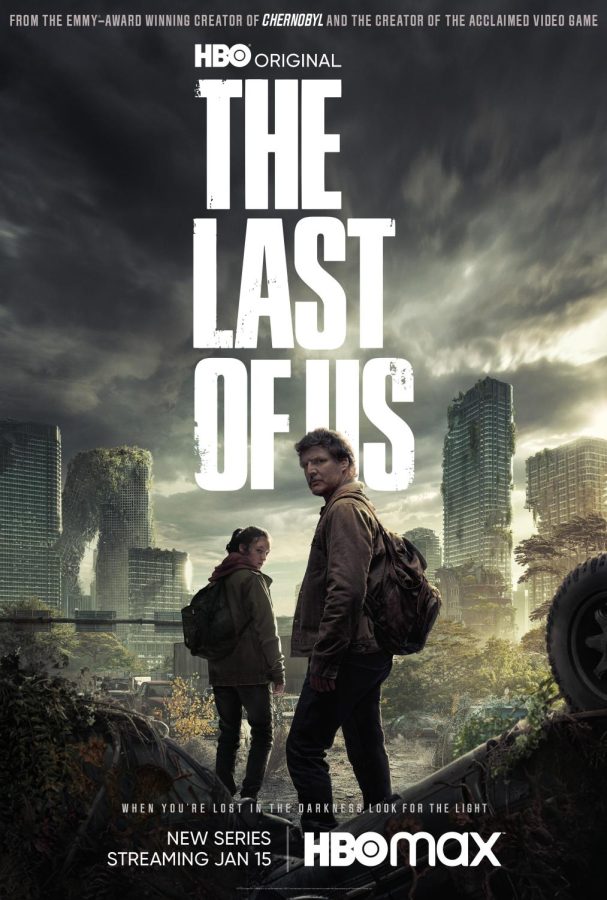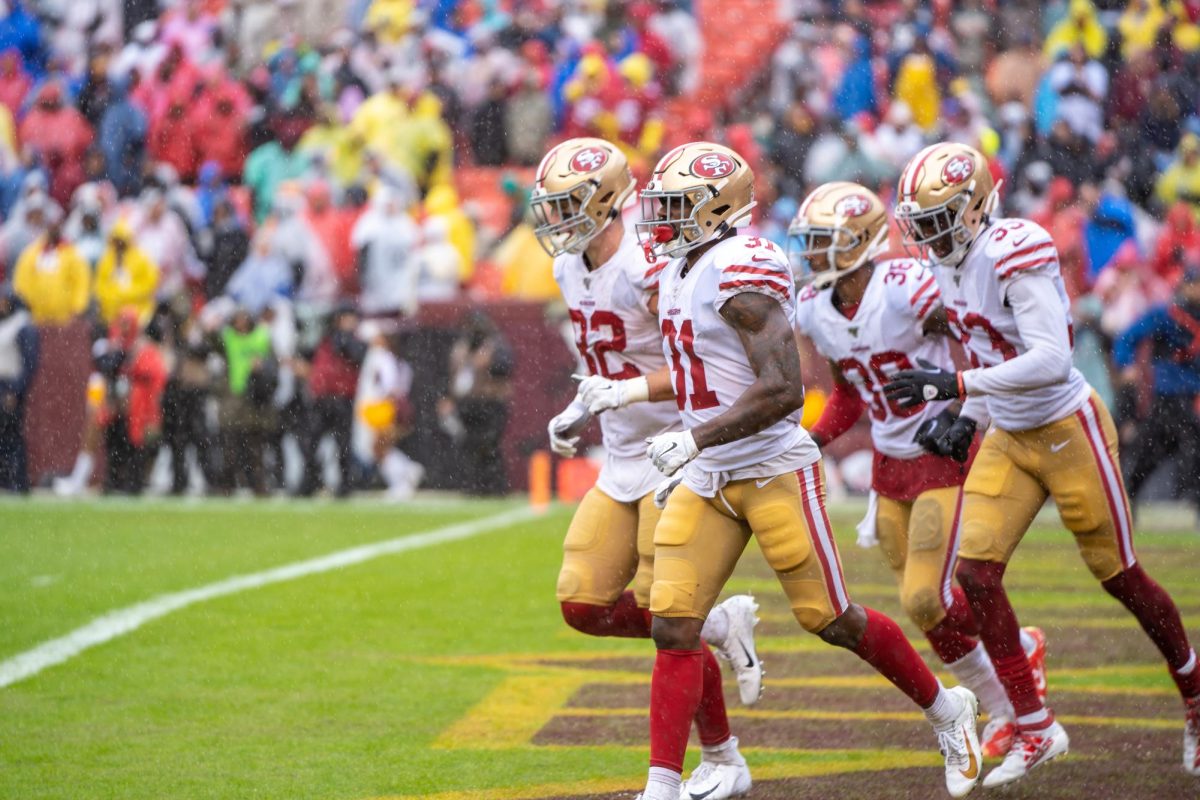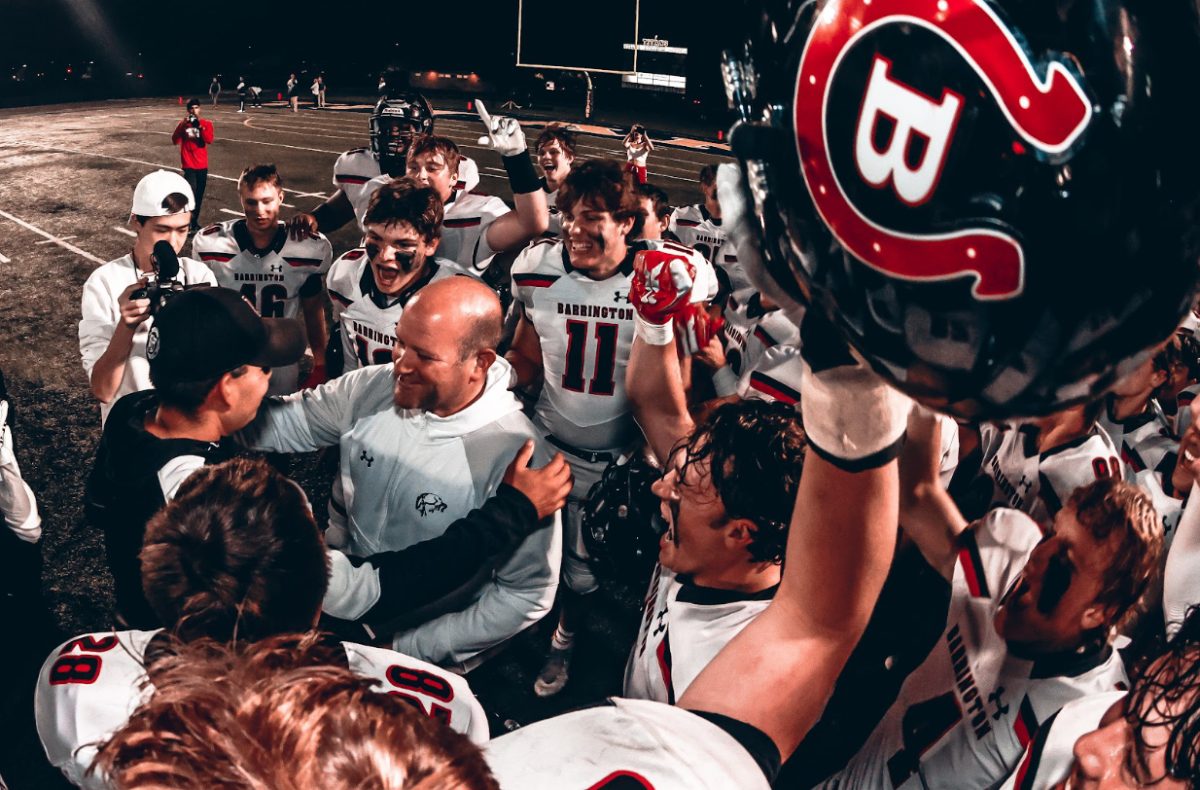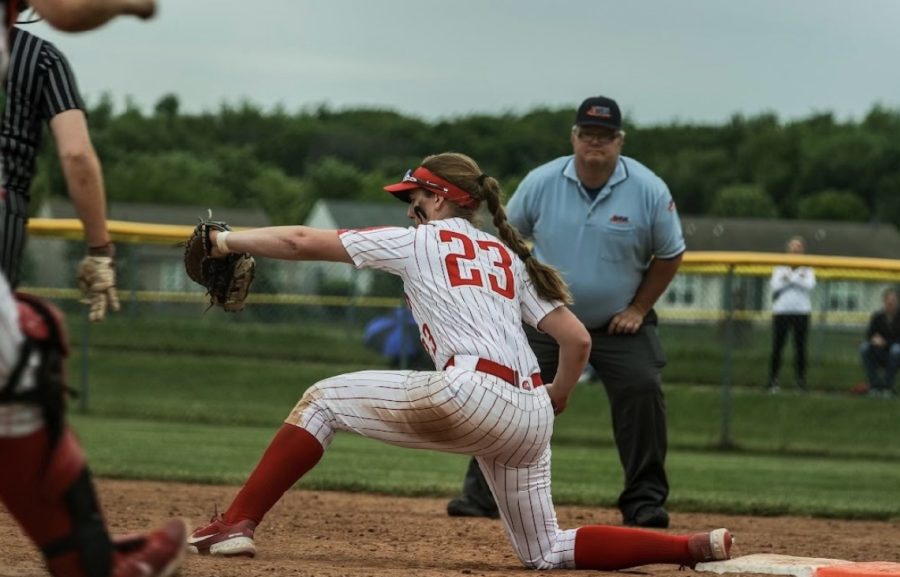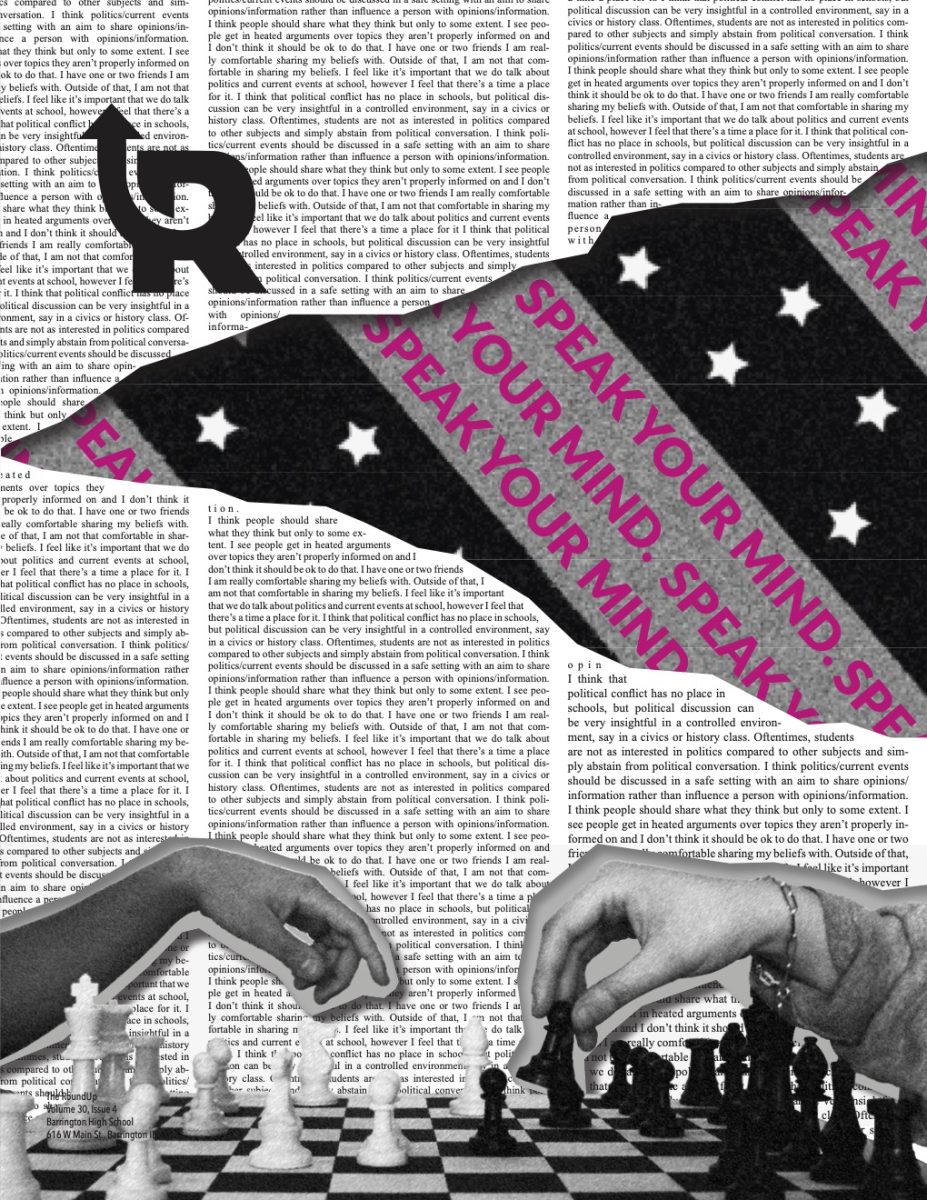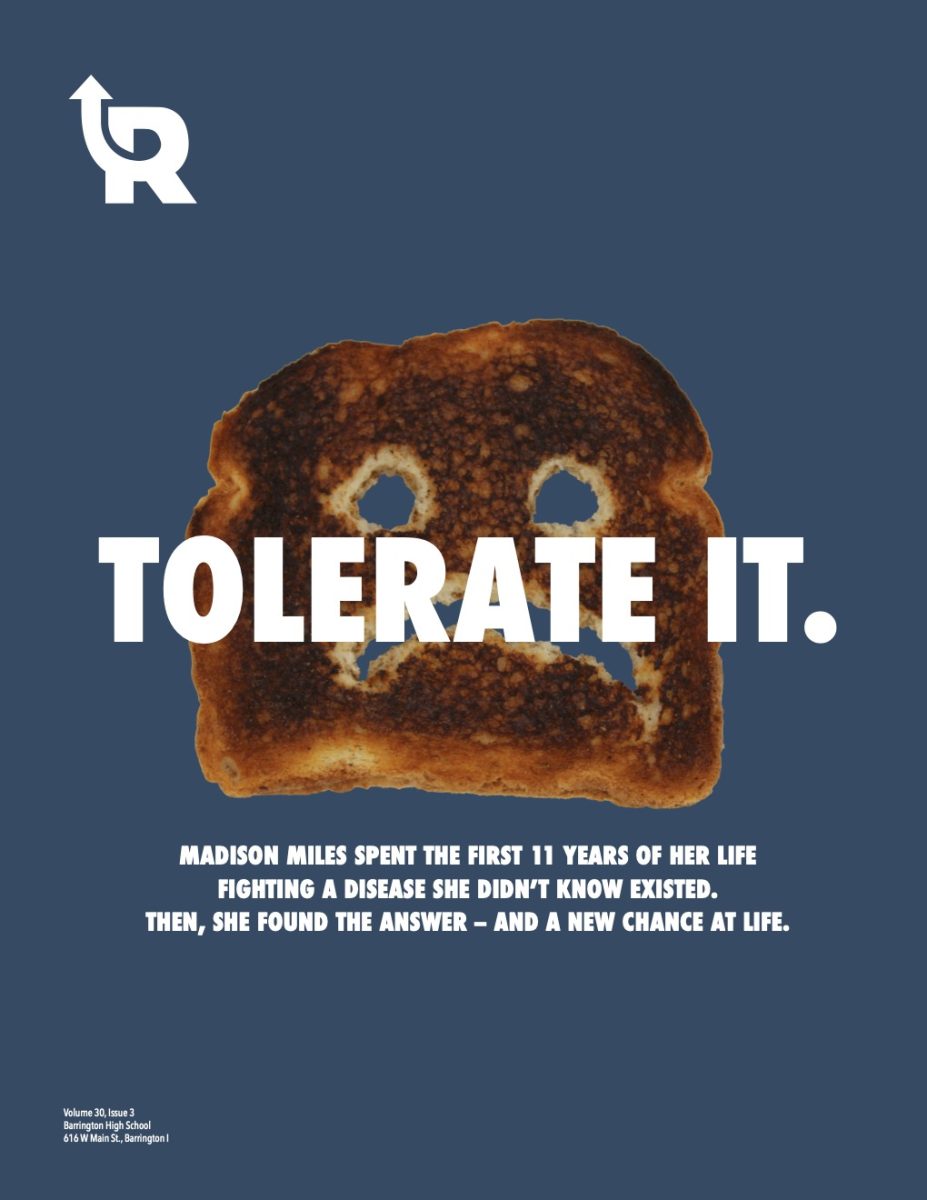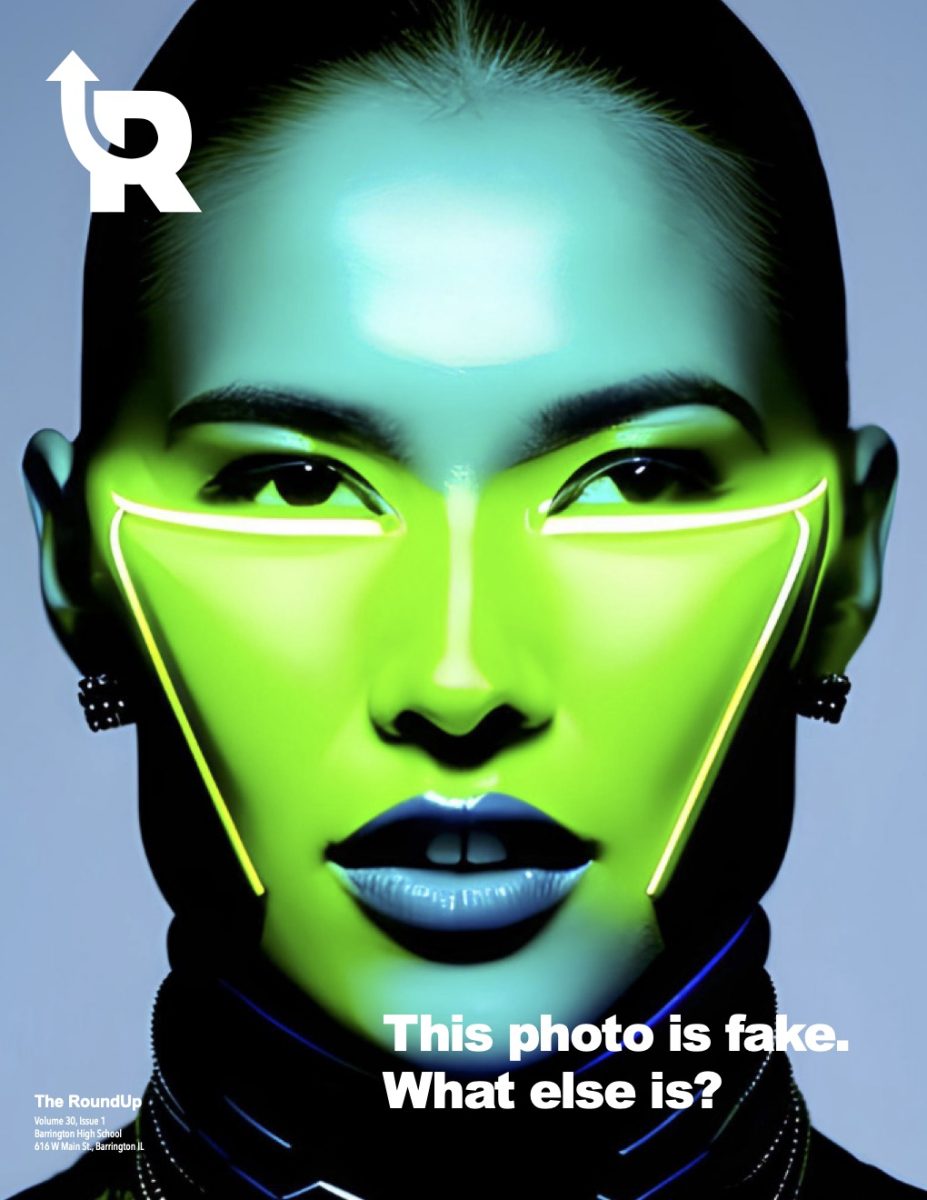Students debate if you can have friends with different political views

T.J. Rot:
In the current political climate, everyone has started to become more and more divided, drawing lines and picking sides even when unnecessary. This should not lead to broken friendships. Friends don’t always agree, but nowadays more and more kids are excluding themselves from relationships with people of different views. How are we supposed to create a more educated society when everyone is trapped in a bubble of never being challenged? Unknowingly, by trying to stay away from arguments and debates, we are making things more and more heated. When people are constantly separated from people with different opinions, they develop an idea that one side is good and one side is bad, which is not always true.
My friends often have different opinions than me but that doesn’t make me like them any less or more. My opinion is that if someone can give logical arguments about why they believe what they believe and also take criticism on that, their beliefs are valid––even if I don’t agree with them. It’s when views start to become ignorant and combative that I will draw the line. Also, I will never agree with blindly following and agreeing with a party or person because from my experience, politicians rarely have your best interest in mind. If you have principles, you should stick to those directly, and not turn away when they are ignored by your side or party. This happens on both sides and causes for a lot of hypocrisy and name calling when both sides are equally as guilty.
One thing that I think would benefit everyone is if we stop debating and start collaborating. It should be possible for people with different backgrounds and beliefs to come together on issues. I feel like we’ve gotten to the point where it’s almost impossible for both sides to acknowledge a problem. What should be happening is both sides see a problem and propose different solutions. Instead, we waste all of our time trying to prove one problem is more valid than the other and never actually solve any. Why are we spending so much time demonstrating a problem instead of actually FIXING the problem.
In the end, we are high school kids and while it is important to be forming opinions at this age, we shouldn’t be letting them limit us and our lives. The sad truth is that if you’re under 18 and can’t vote it’s almost impossible to actually influence political change. Yeah there’s social media activism, but I think we all know that doesn’t accomplish much. Posting a link to a go fund me page or article that no one will click on is not exactly going to change anything. The way to do that is by having civil discussions with people you disagree with.

Aarya Arun:
Major controversy in all forms, such as the talk of riots and judgement of important agenda, followed this recent presidential election. Both sides of supporters on the edge of their seats because the 4-5 day election was so close per state. The divide between Trump supporters and Biden Supporters deepened and many remember why they can’t be affiliated with the other group, mainly because of the difference in political views and important agenda. Let’s focus this audience to teen youth, politics are important because they set the future path to how the next government is going to function. One can argue that this year, with the election, teens are speaking out and having opinions as to what they think is best for the country. This obviously fractionates groups of teens and that’s okay. Political views that a person has, some that differ at a certain extent, is just enough to break a relationship with someone.
The media tries it’s best to expose but also persuade viewers to what political views are appealing and important to society. But unfortunately mainstream channel news won’t cover all the highs and lows of different politicians and their agendas. So people choose what they want to believe and support who they think is ideal. Which starts off the reasoning on when you can be friends with someone who has different views than you. If a friend of yours isn’t completely well aware and chooses what to believe about a certain politician or an idea, their judgement is not completely sound because they don’t have complete information on all aspects of that certain idea/person. This is okay but it’s important to inform what you know to your friend and see if they change their views, civil debates on political matters are perfectly healthy.
What’s not okay is if someone continually supports a person or idea after learning that the specific idea/person is against basic human rights. As our society progresses, we see the increased awareness on issues like racism and acceptance of different groups of people such as the LGBTQ+ community and the feminist movements. But some old-time politicians and ideas have agendas that go against these groups that relate to real people. These people are still people who deserve the same amount of respect and rights as the next. Just because someone is different to you doesn’t mean you wield your power and take away or shame their rights, but that’s what some politicians do. It’ll be troubling to see if a friend supports a politician like this, a friend who believes that human rights to others are insignificant and denial of them can be an exception in someone’s political career. While the friend might not deny rights or support for these people, tolerating someone who does is basically denying the rights and support. These instances are where you can’t be friends with someone who has different political views than you.
Your donation will support the student journalists at Barrington High School! Your contribution will allow us to produce our publication and cover our annual website hosting costs.




